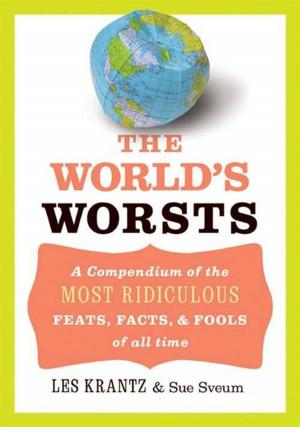| Author: | Noga Arikha | ISBN: | 9780061973017 |
| Publisher: | HarperCollins e-books | Publication: | October 6, 2009 |
| Imprint: | HarperCollins e-books | Language: | English |
| Author: | Noga Arikha |
| ISBN: | 9780061973017 |
| Publisher: | HarperCollins e-books |
| Publication: | October 6, 2009 |
| Imprint: | HarperCollins e-books |
| Language: | English |
The humours—blood, phlegm, black bile, and choler—were substances thought to circulate within the body and determine a person's health, mood, and character. For example, an excess of black bile was considered a cause of melancholy. The theory of humours remained an inexact but powerful tool for centuries, surviving scientific changes and offering clarity to physicians.
This one-of-a-kind book follows the fate of these variable and invisible fluids from their Western origin in ancient Greece to their present-day versions. It traces their persistence from medical guidebooks of the past to current health fads, from the testimonies of medical doctors to the theories of scientists, physicians, and philosophers. By intertwining the histories of medicine, science, psychology, and philosophy, Noga Arikha revisits and revises how we think about all aspects of our physical, mental, and emotional selves.
The humours—blood, phlegm, black bile, and choler—were substances thought to circulate within the body and determine a person's health, mood, and character. For example, an excess of black bile was considered a cause of melancholy. The theory of humours remained an inexact but powerful tool for centuries, surviving scientific changes and offering clarity to physicians.
This one-of-a-kind book follows the fate of these variable and invisible fluids from their Western origin in ancient Greece to their present-day versions. It traces their persistence from medical guidebooks of the past to current health fads, from the testimonies of medical doctors to the theories of scientists, physicians, and philosophers. By intertwining the histories of medicine, science, psychology, and philosophy, Noga Arikha revisits and revises how we think about all aspects of our physical, mental, and emotional selves.















